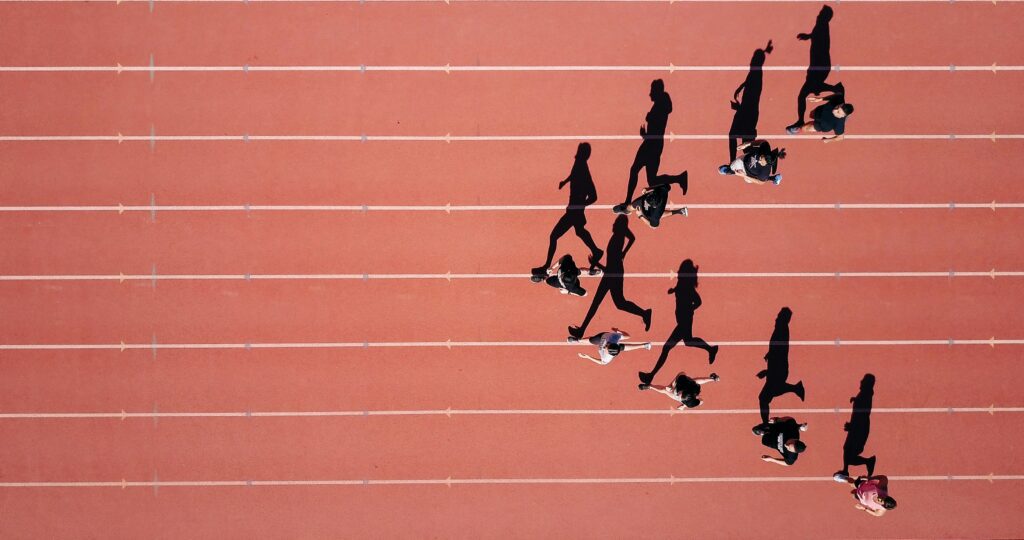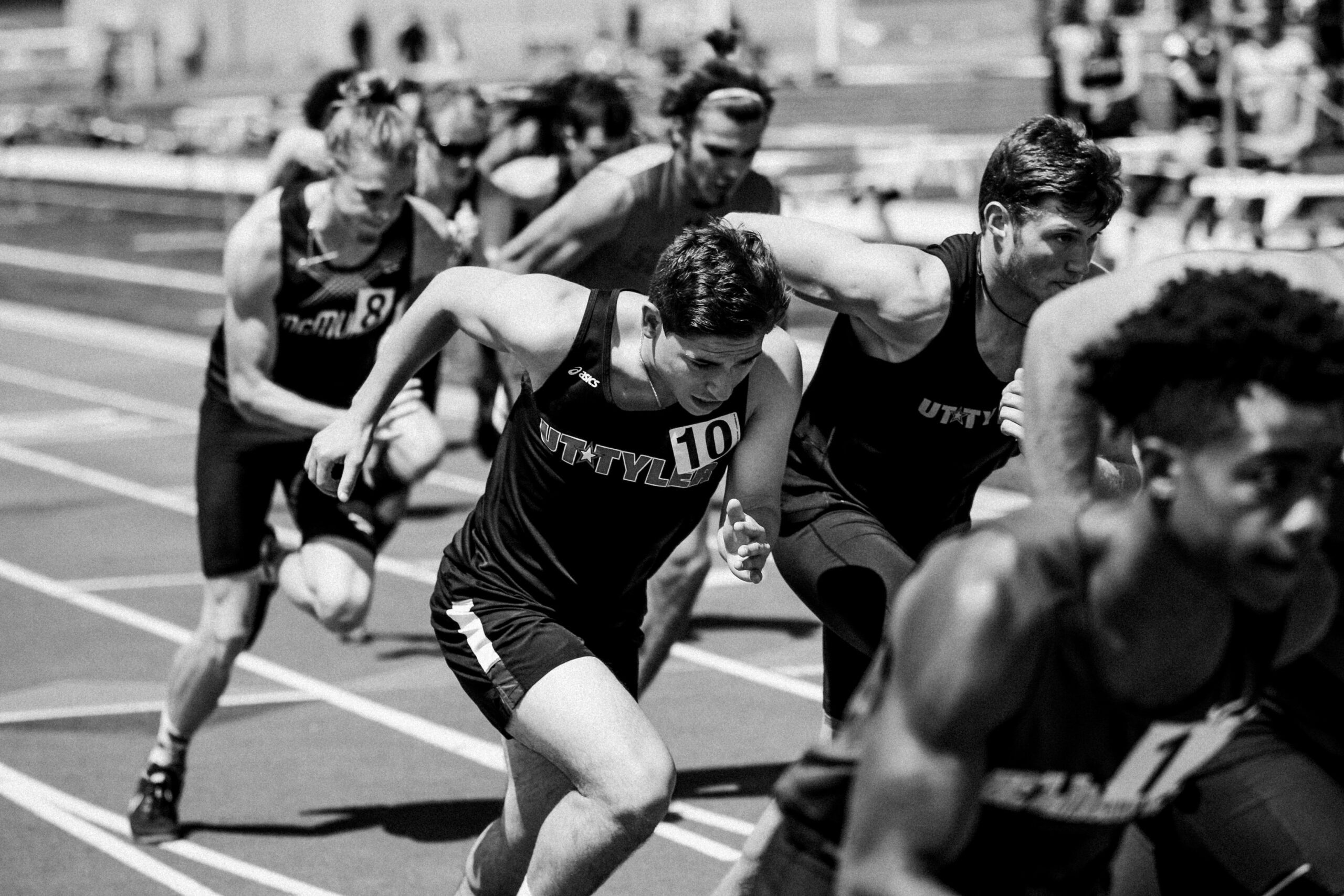Beyond the rhythmic sounds of pads being struck and the distinctive clinch bell rings, Muay Thai gyms harbor a unique social ecosystem that transforms strangers into family. While the physical benefits of this ancient martial art are well-documented, the profound social impact it has on practitioners often goes unexplored.
Breaking Social Barriers Through Shared Struggle
The moment you step into a Muay Thai gym, social hierarchies dissolve. CEOs train alongside students, and office workers pair up with professional fighters. The shared experience of pushing through grueling padwork sessions and technical drills creates an instant bond that transcends professional backgrounds, age gaps, and social status. This phenomenon, known as “pad therapy” among practitioners, often leads to deep conversations and meaningful connections during water breaks or post-training stretching sessions.
The Unspoken Language of Training Partners
Muay Thai introduces a unique form of non-verbal communication that builds trust and understanding between training partners. When practicing techniques, partners must develop an intricate awareness of each other’s movements, timing, and intensity levels. This silent dialogue fosters a deep sense of mutual respect and consideration. Experienced practitioners often describe how they can “read” their training partners’ energy levels and adjust accordingly without exchanging a single word.
Cultural Bridge Building
In many Western Muay Thai gyms, the practice serves as a cultural bridge between East and West. Thai trainers often bring their heritage into the training space through traditional practices like the Wai Kru ceremony or pre-fight rituals. This cultural exchange extends beyond the gym, as training partners often gather for Thai festivals, share authentic cuisine, or even organize group trips to Thailand for training camps. These experiences create a multicultural community that celebrates diversity while united under the banner of shared passion.
The Mentor-Mentee Dynamic
Unlike many individual sports, Muay Thai naturally cultivates mentor-mentee relationships that extend beyond technique instruction. Senior students often take newcomers under their wing, sharing not just technical knowledge but also gym etiquette, training tips, and personal experiences. This organic mentorship system creates a continuous cycle of giving back to the community, as today’s beginners become tomorrow’s mentors.
Redefining Competition Through Communal Growth
While Muay Thai is inherently competitive, many gyms have fostered an environment where competition serves as a catalyst for community building rather than division. When a member prepares for a fight, the entire gym often rallies behind them. Training partners adjust their schedules to provide extra sparring rounds, experienced fighters share weight cutting strategies, and even those who never intend to compete contribute by holding pads or offering moral support.
The “Fight Camp Family” Phenomenon

During fight preparation periods, training partners often become what’s known as a “fight camp family.” This temporary but intense bonding experience involves shared sacrifices, emotional support, and celebrating small victories together. Many fighters report that their fight camp family becomes as close as their biological one, understanding aspects of their journey that others cannot comprehend.
Social Media and Community Extension
Modern Muay Thai communities have leveraged social media to extend their support networks beyond gym walls. Private WhatsApp groups buzz with training tips, nutrition advice, and impromptu meetups. Instagram stories showcase progress, celebrate achievements, and offer behind-the-scenes glimpses into training life. These digital extensions of the physical community help maintain connections between sessions and support members during travel or injury recovery periods.
Breaking Gender Stereotypes
Muay Thai gyms have become unexpected catalysts for gender equality in sports. The technical nature of the art form emphasizes skill over physical strength, creating an environment where women and men train together as equals. Many female practitioners report feeling empowered by the respect they receive in the gym, which often contrasts with their experiences in other sporting environments.
The Recovery Support Network
Injuries are an inevitable part of any martial art, but Muay Thai communities have developed unique support systems for recovering members. Training partners often modify their techniques to accommodate injured students, share rehabilitation experiences, and maintain social connections even when physical training isn’t possible. This support network helps prevent the isolation that often accompanies sports injuries and speeds up both physical and emotional recovery.
Cross-Generation Connections
Unlike many modern fitness activities, Muay Thai attracts practitioners across multiple generations. It’s common to find parent-child duos training together or teenagers learning from practitioners in their fifties. These cross-generational interactions provide unique perspectives and create mentorship opportunities that benefit both older and younger members of the community.
Professional Network Development
The bonds formed in Muay Thai gyms often extend into professional life. The shared experience of training creates trust and understanding that translates into business relationships, job opportunities, and professional collaborations. Many practitioners report finding jobs, business partners, or clients through their gym connections, highlighting how the Muay Thai community can function as an organic networking platform.
Mental Health Support Through Community
The intensity of Muay Thai training often creates a safe space for discussions about mental health. The physical exhaustion from training can break down emotional barriers, leading to authentic conversations about personal struggles, stress, and life challenges. Many practitioners describe their training partners as unofficial therapists who provide understanding and support during difficult times.
Beyond the Gym Walls
Muay Thai communities often organize activities that extend beyond training sessions. Weekend hiking trips, group meals, charity events, and social gatherings strengthen bonds between members and provide opportunities for families to connect. These extra-curricular activities help integrate Muay Thai into practitioners’ broader social lives rather than keeping it confined to the gym environment.
The Art of Collective Growth
Perhaps the most significant social benefit of Muay Thai training is the creation of an environment where individual progress is celebrated as a collective achievement. When one member masters a technique, breaks a personal record, or achieves a fitness goal, the entire community shares in their success. This collective approach to personal development creates a unique social dynamic where competition and cooperation coexist harmoniously.
Through these multifaceted social interactions, Muay Thai training becomes more than just a martial art or fitness activity. It transforms into a social institution that builds lasting relationships, breaks down cultural barriers, and creates supportive communities that extend far beyond the confines of the training space. The relationships forged through shared experience, mutual respect, and collective growth often become life-long connections that enrich practitioners’ lives in ways that transcend the physical aspects of training.


